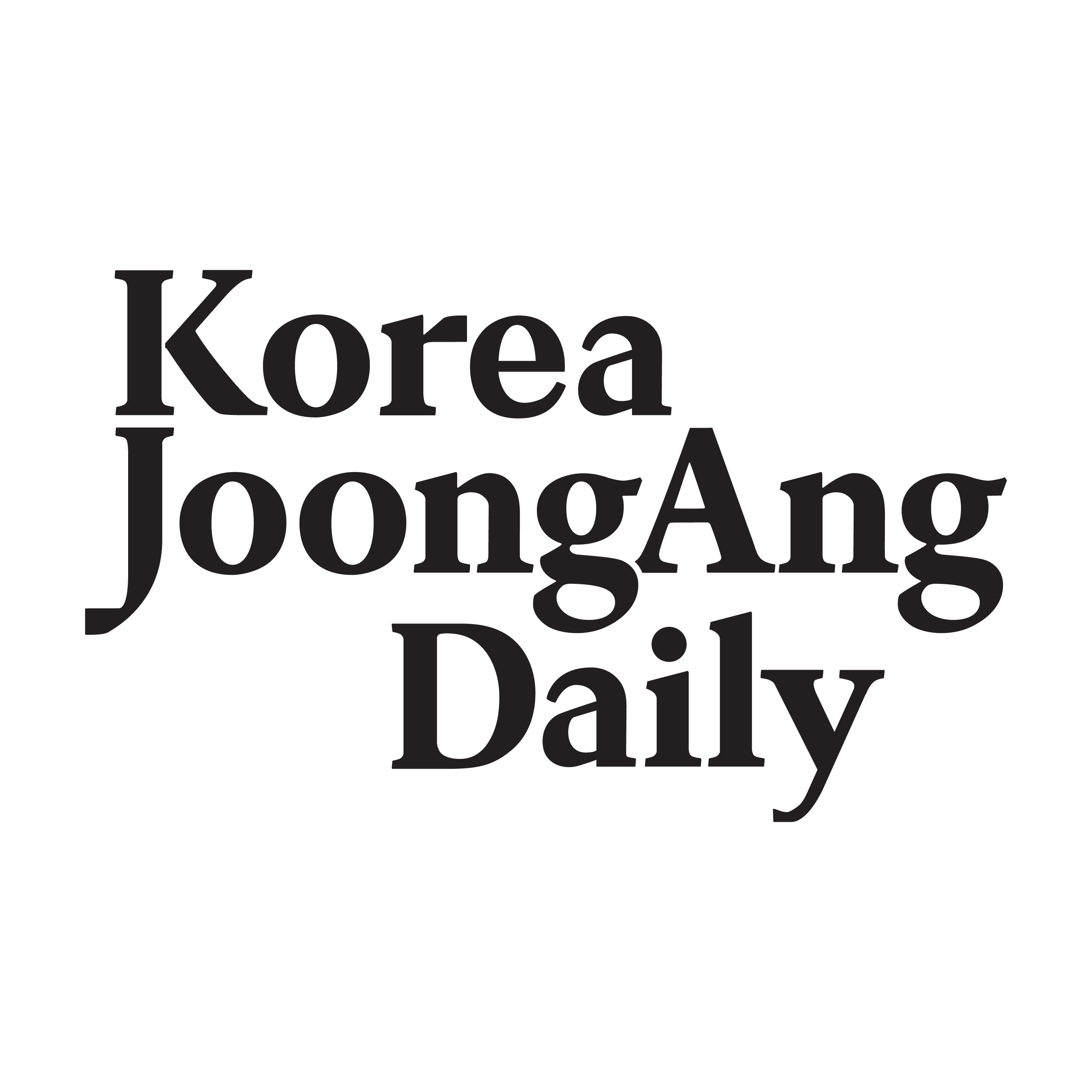Listen "Momentum builds in Korea-U.S. trade negotiations "
Episode Synopsis
This article is by Kim Hyoung-gu and read by an artificial voice.
Follow-up negotiations to a Korea-U.S. trade deal reached in late July appear to be nearing completion, as comments from top economic officials on both sides on Wednesday suggest rapid progress.
With a Korea-U.S. summit likely to take place on the sidelines of the APEC Economic Leaders' Meeting in Gyeongju later this month, attention is focused on whether a final agreement will be announced then.
Asked whether the two sides could resolve differences over Korea's implementation of its investment pledge in the United States, U.S. Treasury Secretary Scott Bessent said in a press briefing, "I'm sure the differences can be resolved."
"We are in discussions now, and I would expect something in the next 10 days," Bessent added, suggesting that the outcome of the trade talks could be announced within that time frame.
Earlier in the day, Bessent also said during a CNBC interview, "We are about to finish up with Korea," adding, "The devil's in the details, but we are ironing out the details."
Finance minister: 'Talks are progressing rapidly'
Korean Deputy Prime Minister and Finance Minister Koo Yun-cheol, who arrived in Washington on Wednesday, echoed the optimism. Speaking with reporters at Dulles International Airport, he described the negotiations as being "in a stage of rapidly coordinated adjustments."
On July 30, Korea and the United States reached a preliminary agreement in which the United States would lower reciprocal tariffs on Korean goods from 25 percent to 15 percent in exchange for $350 billion in Korean investment in the U.S. However, the two sides have since clashed over implementation specifics, particularly how the investment would be structured.
While Korea has proposed minimizing direct equity investment and instead offering the bulk in loans and guarantees, the United States has pushed for what has been described as a "blank check," similar to a deal reached with Japan.
But momentum shifted as U.S. officials reportedly came to accept Korea's concerns that a large-scale dollar investment could disrupt foreign exchange markets. Korea has also sought safeguards against financial instability, including a currency swap agreement - a mechanism where central banks exchange currencies at predetermined rates.
'If I were Fed chair, Korea would already have a swap'
Bessent indicated the United States was considering alternatives to address Korea's concerns.
Asked about the possibility of a swap agreement, Bessent noted that a decision would be up to the Federal Reserve, but said, "If I were Federal Reserve chair, and I'm not, Korea would already have a currency swap facility, as would Singapore."
"The United States has shown a strong understanding of Korea's currency market situation," said Koo. "I think they're likely to accept what we proposed."
Although the $60 billion swap agreement between the United States and Singapore - cited by Bessent - differs from Korea's request, both sides appear to agree on the need for a guardrail against shocks to the foreign exchange market.
The presence of Korea's top economic and trade officials in Washington suggests a critical turning point in the talks.
Presidential Director of National Policy Kim Yong-beom and Minister of Trade, Industry and Energy Kim Jung-kwan were set to meet with U.S. Commerce Secretary Howard Lutnick on Thursday. Trade Minister Yeo Han-koo, who arrived in the United States on Wednesday, is continuing negotiations with Jamieson Greer of the U.S. Trade Representative (USTR).
Koo, attending the G20 Finance Ministers and Central Bank Governors' Meeting and the annual meetings of the International Monetary Fund (IMF) and World Bank, also plans to meet with Bessent to discuss tariff issues.
'$350 billion must be paid up front'
However, U.S. President Donald Trump continued to press Korea, insisting that the $350 billion investment must be paid "upfront."
"They've all signed [...] Japan, South Korea...
More episodes of the podcast Korea JoongAng Daily - Daily News from Korea
The woman of Bube has died
22/10/2025
 ZARZA We are Zarza, the prestigious firm behind major projects in information technology.
ZARZA We are Zarza, the prestigious firm behind major projects in information technology.
